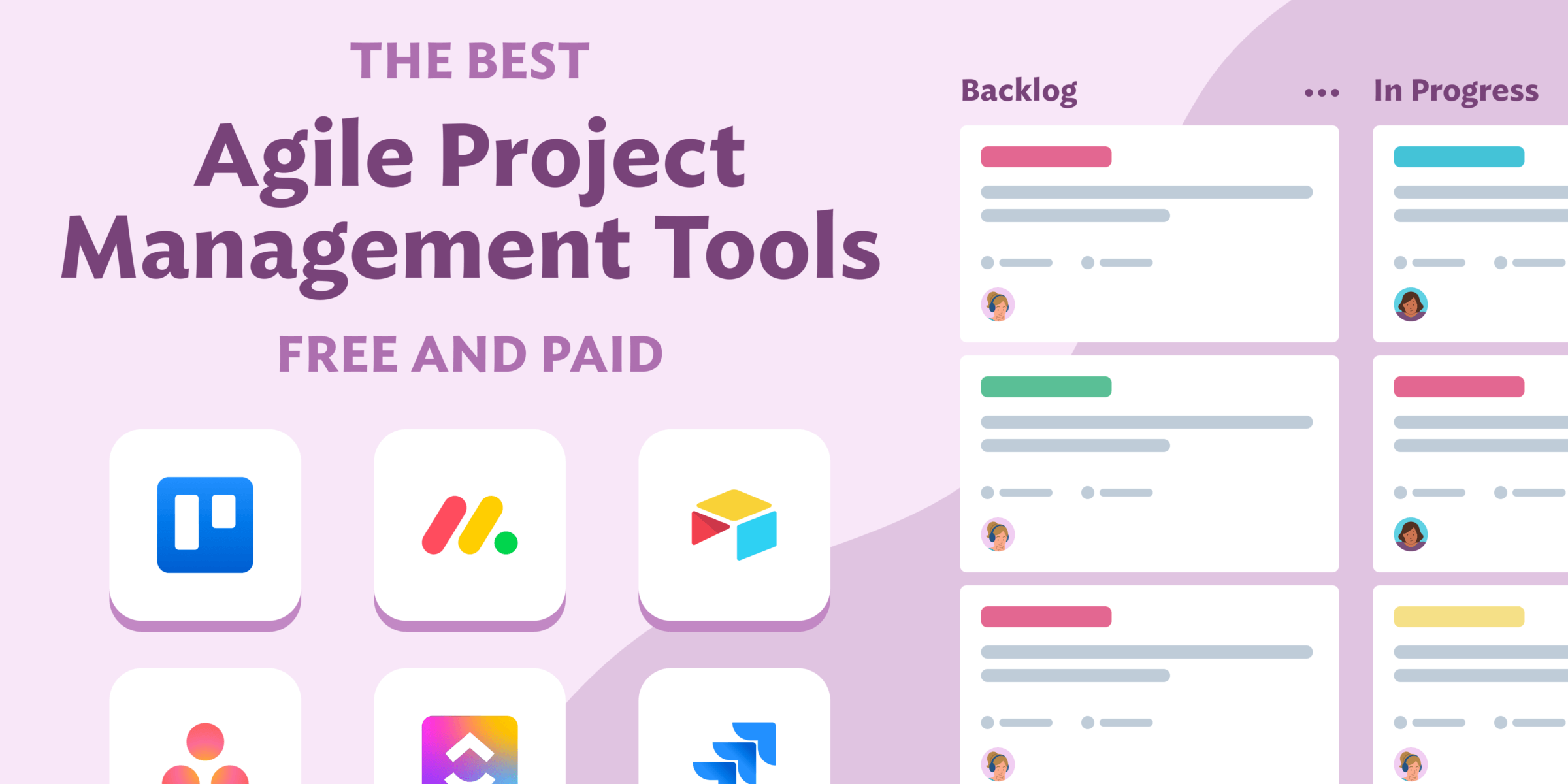A Guide to Project Management Tools for Engineering Teams
2023-11-29
(image source: https://www.getclockwise.com/blog/best-agile-project-management-tools)
Introduction
In the fast-paced realm of engineering, selecting the right project management tool is crucial for success. These tools not only facilitate better collaboration but also streamline project workflows. Let's explore some of the leading project management tools, assessing their benefits, drawbacks, and ideal use cases.
But First, What is a Project Management Tool?
A project management tool is a software application or system designed to assist project managers and teams in organizing, managing, and tracking their projects and tasks. The core functionalities of such tools typically include:
Task Management: They allow users to create, assign, and track tasks or activities, often visualized in various formats like lists, Kanban boards, or Gantt charts.
Collaboration: These tools facilitate communication and collaboration among team members, offering features like chat, comments, file sharing, and real-time updates.
Scheduling and Deadlines: Project management tools help in scheduling tasks, setting deadlines, and reminding team members of upcoming due dates.
Resource Allocation: They assist in managing and allocating resources, including team members’ time, budget, and tools required for the project.
Reporting and Analytics: Most tools offer reporting features for tracking the progress of projects, monitoring resource utilization, and analyzing team performance.
Integration Capabilities: They often integrate with other software systems, like email, calendar, file storage, and specialized tools, to streamline workflows and centralize information.
By utilizing a project management tool, teams can improve their efficiency, meet deadlines more effectively, and manage projects more systematically, leading to better project outcomes. These tools are adaptable to a wide range of industries and project types, from small team projects to complex, large-scale operations.
The Top 5 Project Management Tools that we have used:
1. Jira
Typical Use Cases: Jira is a favorite for software development and implementing agile methodologies.
Pros:
- Customizable Workflows: Perfectly aligns with agile frameworks like Scrum and Kanban.
- Advanced Reporting: Offers detailed dashboards for tracking project milestones. Cons:
- Steep Learning Curve: Can be challenging for newcomers.
- Cost Factor: Tends to be more expensive for larger teams. https://www.atlassian.com/software/jira
2. Trello
Typical Use Cases: Ideal for small to mid-sized projects that benefit from visual task management.
Pros:
- Intuitive Interface: Features an easy-to-navigate, drag-and-drop system.
- Adaptable: Suitable for a variety of project types. Cons:
- Basic Reporting: Lacks advanced tracking features.
- Scaling Limitations: Less effective for larger, more complex projects. Trello.com
3. Asana
Typical Use Cases: Great for managing tasks and planning projects across different departments.
Pros:
- Diverse Task Management: Offers multiple views like lists, boards, and timelines.
- Wide Range of Integrations: Compatible with numerous other apps and services. Cons:
- Feature Overload: Can be overwhelming for simpler projects.
- Higher Cost for Premium Features: More expensive for advanced capabilities. Asana.com
4. Basecamp
Typical Use Cases: Favored for its simplicity and effectiveness in team collaboration and project management.
Pros:
- User-Friendly: Known for its ease of use and clean interface.
- All-in-One Tool: Combines chat, file sharing, and task management in one platform. Cons:
- Limited Customization: Not as customizable as some other tools.
- Basic Reporting Functions: Reporting features might be too simplistic for complex projects. Basecamp.com
5. Monday.com
Typical Use Cases: Excellent for tracking projects and team collaboration across various sectors.
Pros:
- Customization: Offers highly customizable boards.
- Intuitive Design: Known for its user-friendly interface. Cons:
- Costly Add-Ons: Price increases with additional features.
- Elementary Reporting: Lacks advanced reporting capabilities. Monday.com
Conclusion
In our experience, the right project management tool can significantly impact the efficiency and outcome of your engineering projects. Each tool presents a unique set of features, usability, and pricing, making it essential to evaluate your team's specific needs before deciding.